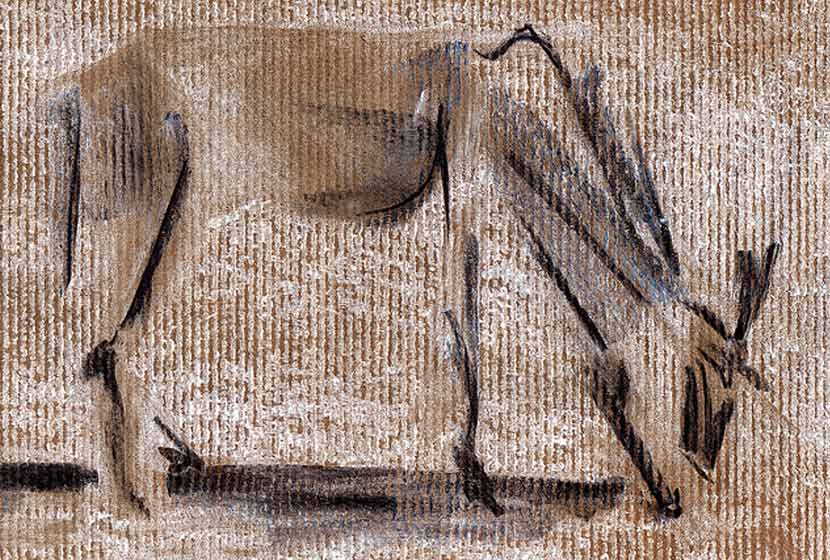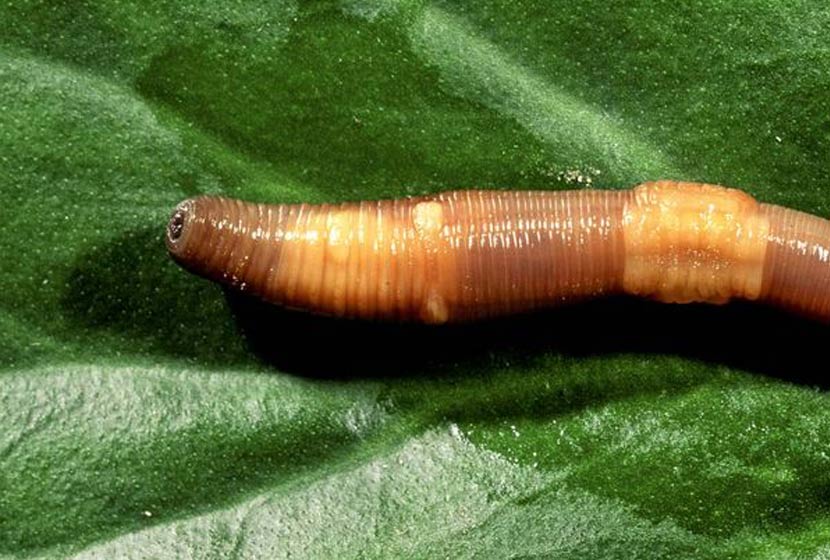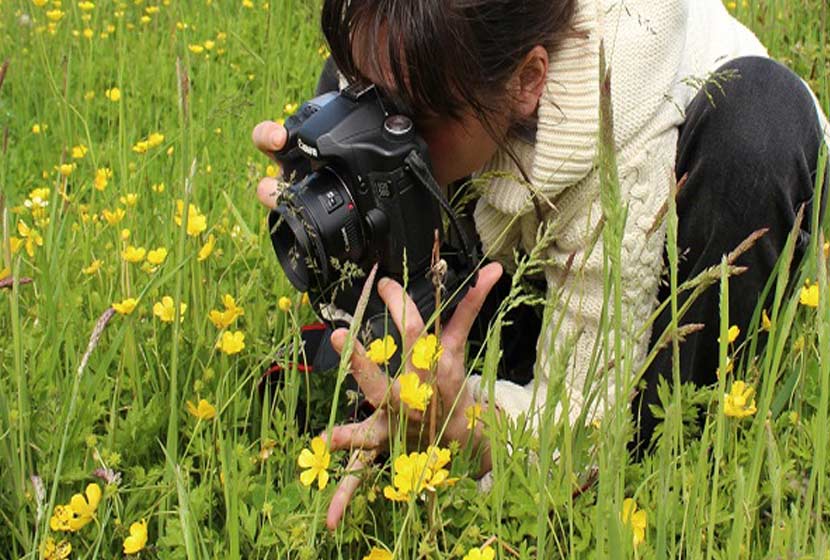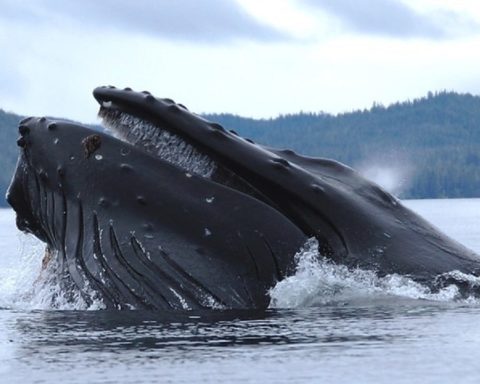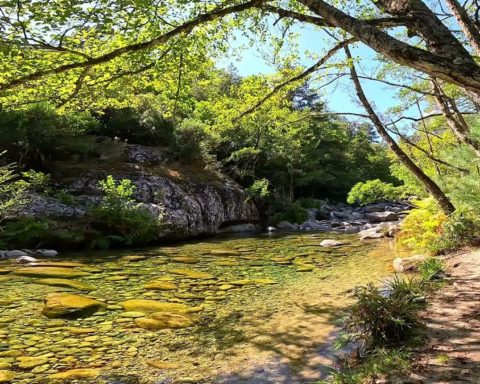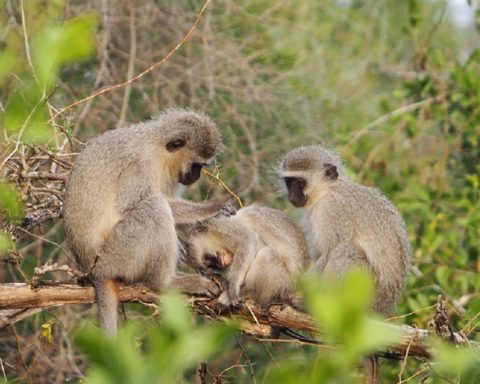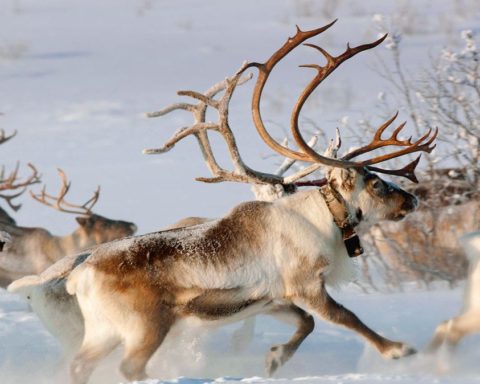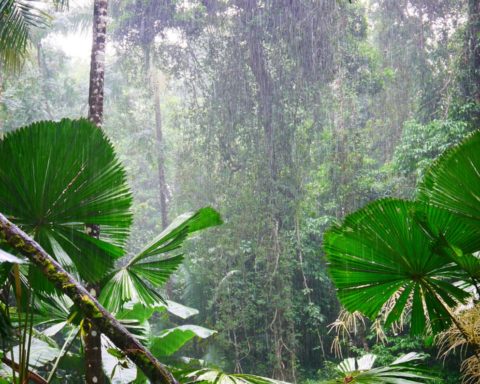Climate change is disrupting life on the planet, dramatically increasing species extinction, migration and behavioural changes. Climate change forces plants and animals to migrate for survival. However, research has shown that most species of plants and animals are only able to migrate at one-tenth the rate needed to adapt to human-induced climate change.
A study published today in the journal PLOS ONE and carried out by a researcher from the Centre de recherche sur la paléobiodiversité et les paléoenvironnements (CR2P - Muséum national d'Histoire naturelle/ CNRS/ UPMC) highlights the catastrophic impact of past climate change on European ruminant fauna. Global warming and environmental changes that occurred some 24.5 million years ago caused the replacement of all pre-existing ruminant fauna by migrants from Asia.
The Earth has experienced climate change in the past, which has led to biological crises. One of these occurred about 24.5 million years ago during the Late Oligocene Warming. This warming (an increase of 2 to 4°C in the ocean waters of the North Atlantic), associated with the birth of the Alps, has caused aridification and the appearance of seasonality in Europe; the establishment of savannahs contrasts with pre-existing environments, with no seasons and dominated by forests.
Previous analyses carried out by a Franco-Swiss team have shown a significant change in the species of large herbivorous mammals at that time: 40% of this fauna changed between 25 and 24 million years ago, following a massive Asian immigration that this team named Microbunodon Event . Bastien Mennecart, a researcher at the CR2P (Muséum national d'Histoire naturelle/ CNRS/ UPMC), has just published an article in PLOS ONE in which he shows, on the basis of five years of research, that all European ruminant species were renewed at the time of the Microbunodon Event.
Thus, the majority of today's ruminants belong to the Pecora group; they have four stomach pouches that facilitate the ingestion of high-fibre, low-energy food. The Tragulina, which were largely in the majority during the Oligocene, are distinguished by a reduction or absence of one of the four stomach pockets and by a more energetic diet (fruits, mushrooms, insects and even small mammals). The degradation of environmental conditions due to a change in plant cover and climate, combined with competition with Pecoras from Asia, sounded the death knell for the Tragulina in Europe. Indeed, in these drier climatic conditions, the new ruminants have supplanted the Tragulina thanks to a more efficient metabolism, capable of assimilating energy-poor food. The Tragulina now only have ten species located in the equatorial zone, the chevrotains.
At present, the Earth is experiencing global warming, the consequences of which are not yet well known. Knowledge of past climate change and its consequences for biodiversity is a valuable aid to questioning our future.

Distribution and evolution of ruminant faunas between 25 and 24 million years (Ma) in Western Europe
(Immigrant Pecoras are facing left, black circles correspond to fossil sites.) © Bastien Mennecart - CR2P
References :
Mennecart, B. (2015) The European ruminants during the "Microbunodon Event" (MP28, latest Oligocene): Impact of climate changes and faunal event on the ruminant evolution. PLOS ONE. 18 February 2015. DOI: 10.1371/journal.pone.0116830.
(Source : plos.org - February 18, 2015)
Marine BarrioUP' Magazine Journalist

